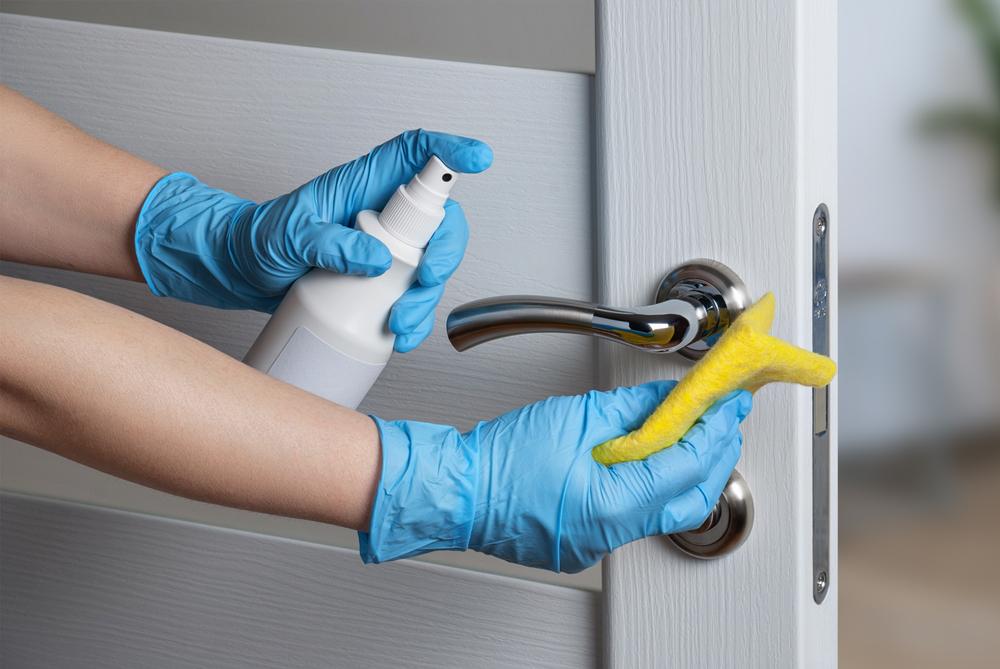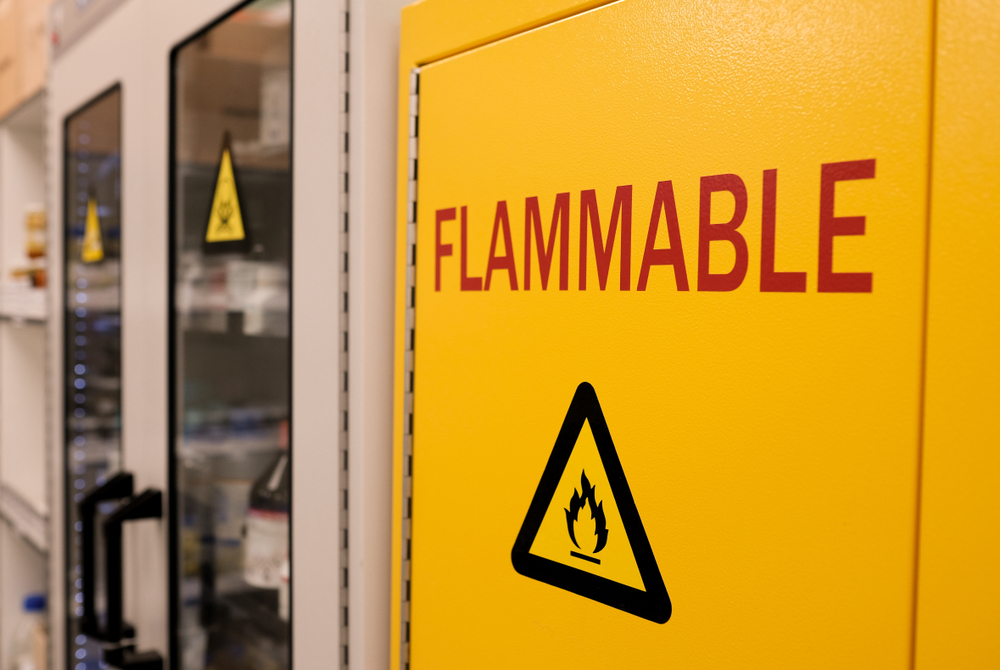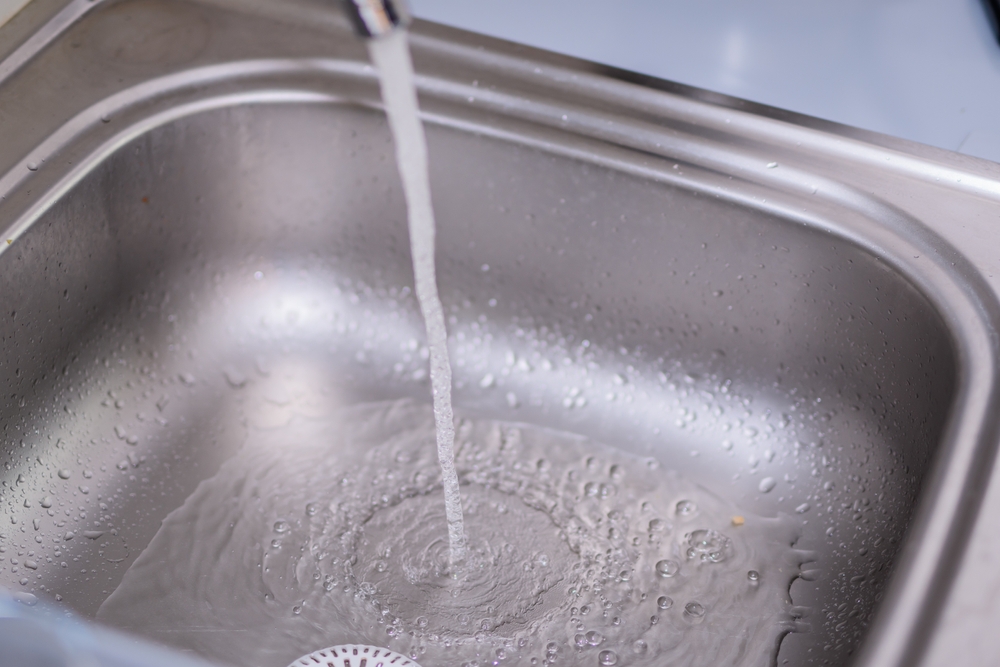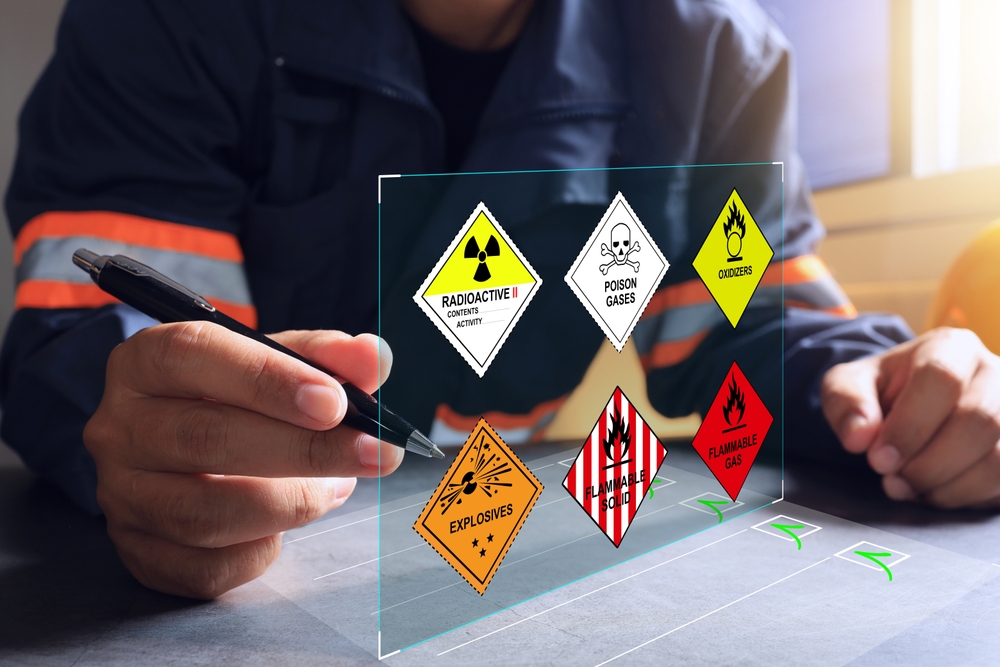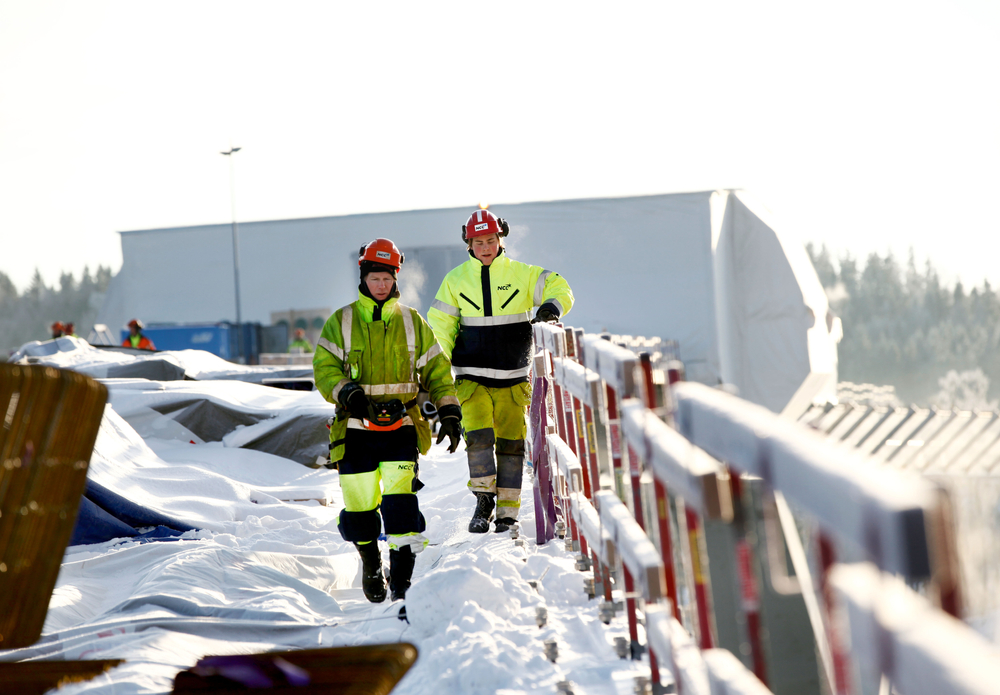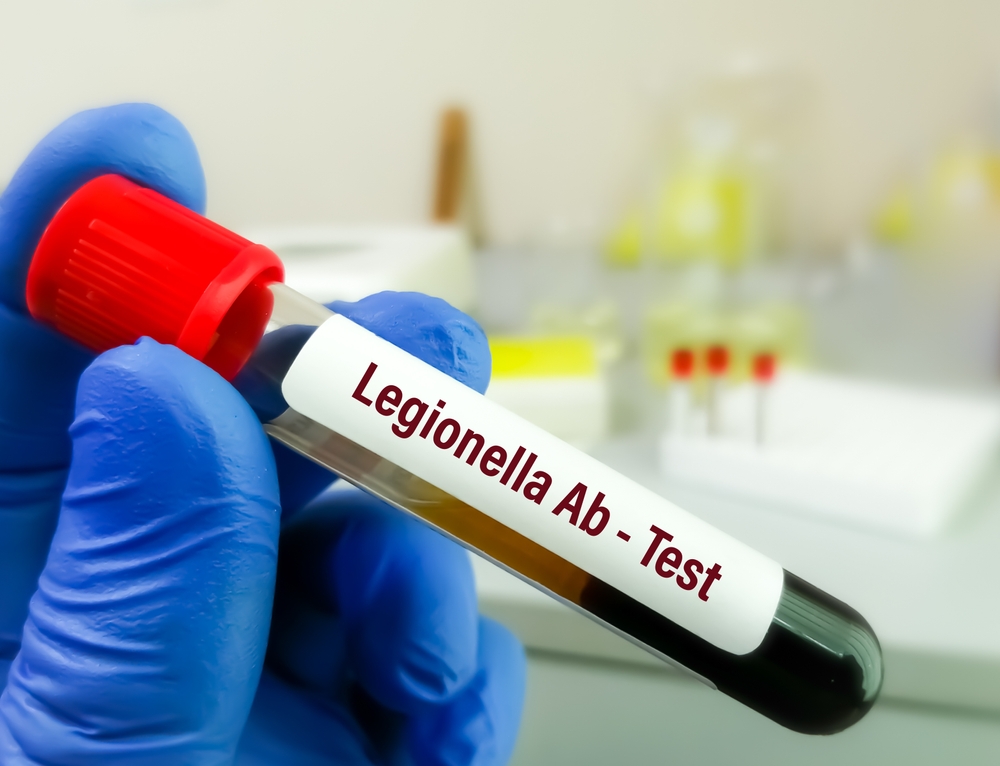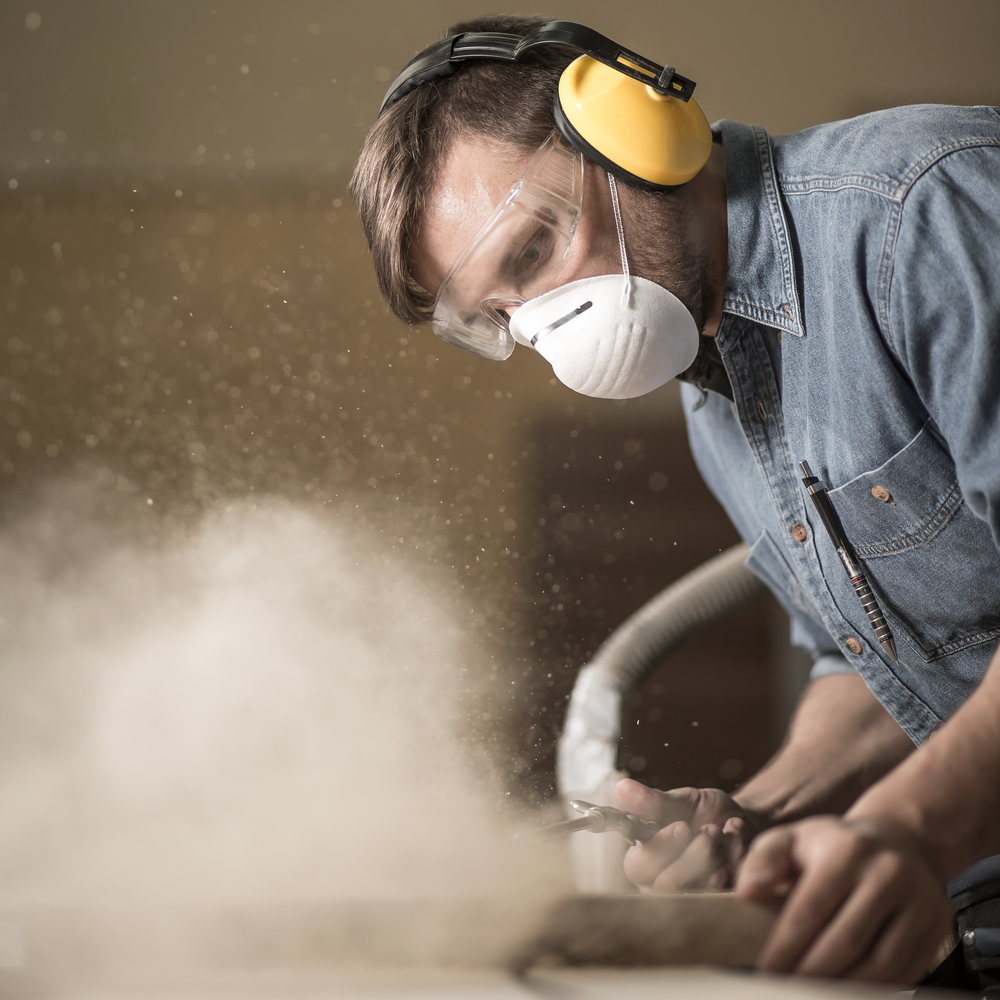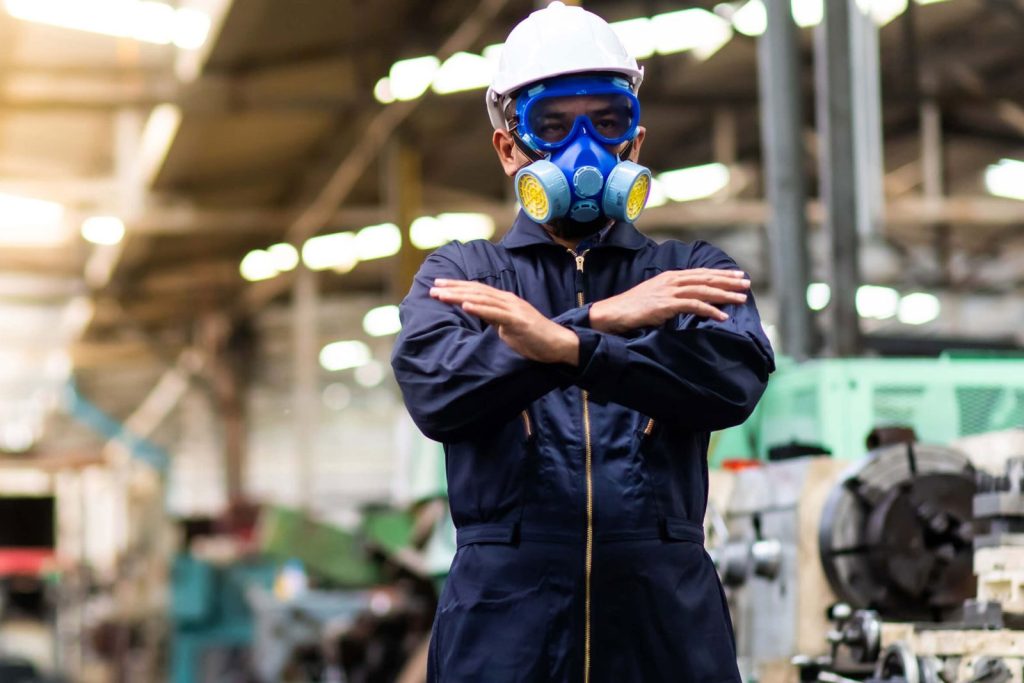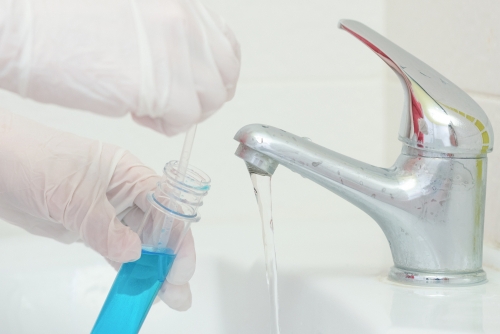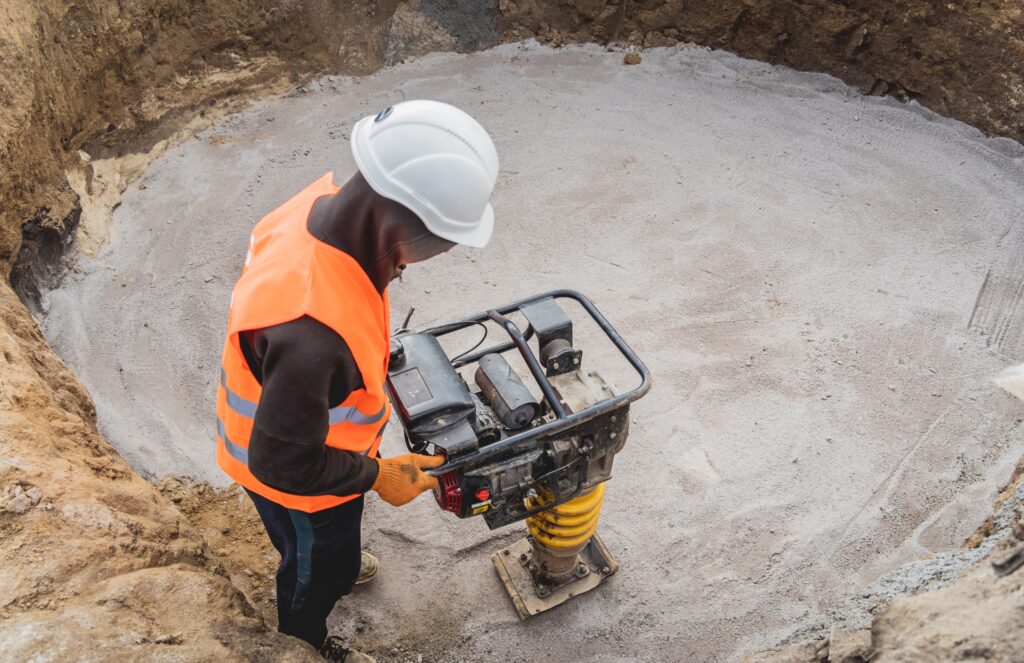I think we can all agree that the Covid-19 pandemic has taught us the importance of good hygiene. Good hygiene is important for a healthy life. When we are at home we all have our little routines that mean we are keeping our family clean and healthy. But while we are at work and at the mercy of a once a week clean, what measures can we take to ensure we are keeping ourselves germ free and maintaining good workplace hygiene?
1.Wash your hands
This was made abundantly clear during the pandemic. Some people probably felt that they didn’t need to be told, but unfortunately we are all too familiar with the transmission of infectious diseases like e-coli being spread from poor hygiene, including where people neglect to wash their hands after they have been to the toilet. So next time you’re in a rush to get to your meeting, just remember that our hands can carry up to 1,500 different types of bacteria that we can spread by shaking hands or using someone else’s pen…. Yuck!
2. Wear masks
We know the law has changed on wearing face coverings in indoor places like shopping centres. However, many doctors, dentists and chemists are still insisting that visitors wear a face mask. But is there a good reason to? Masks prevent the spread of diseases, so its good practice to get used to wearing one if you are feeling a touch under the weather. Remember that with illnesses like Coronavirus, you could be asymptomatic meaning that you won’t have any symptoms but still have the virus. Wearing a mask in large workplace gatherings like meetings could prevent the spread of other bugs, so its good practice to carry one with you, just in case.
3. Dry your hands
Drying your hands is as important as washing them. If you wash your hands thoroughly and then wipe them on your trousers/skirt/jumper it’s highly likely you’ve just picked up more germs than you washed off. Use a paper towel or hand dryer to dry your hands to prevent germs spreading through wet skin.
4. Sterilise your phone & keyboard
Germs can easily be transferred from your hands and mouth to other surfaces like door handles and your desk. Sanitising your keyboard should be done regularly using sanitising wipes or a hygiene spray. Often cleaners don’t sanitise keyboards and phones, so make it part of your daily routine.
5. Maintain personal hygiene
If you maintain good personal hygiene through regular showers or baths and thoroughly washing and drying your hands, you are preventing germs from spreading. Once we touch our faces and then shake hands with someone we are passing on touch particles to another person, so ensuring that you are clean and healthy will go a long way to protect your colleagues
6. Use hand sanitiser
Using hand sanitiser regularly can help kill and prevent the spread of germs. We all became accustomed to carrying a sanitiser bottle or spray with us, so its good practice to keep a bottle on your desk. Some companies have made the extra step to provide their employees with bottles to use in work, installing sanitising stations and even gifting personalised hand sanitiser bottles to their customers.
7. Disinfect items handed to you
Where someone hands you an item like a pen or a stapler, make sure you give it a quick wipe down with some sanitising wipes before using it. Germs can live on surfaces for long periods, including e-colli, salmonella, norovirus and c-diff. Get used to wiping things down every morning before you start work.
8. Keep your workspace clean and tidy
Getting used to filing paperwork and clearing your desk. Desks can be a hotbed for germs to thrive, especially if you are prone to eating your lunch there. Keeping your desks clean and sanitised will really help reduce the spread of those winter bugs!
9. Use the bin
We’ve all seen that one colleague’s desk who always seems to have old paperwork and files all over it. If paperwork can be shredded, that’s the best thing to do (also to safeguard against GDPR breaches). And if files can be put away then it saves them gathering dust and other germs on someone’s desk. If you are someone who likes to work through their lunch and you leave sandwich packets, drinks and crumbs all over your desk, its probably good practice to get used to using the bin! If you choose to wear face masks and they are disposable putting them in the bin right away rather than leaving them on your desk is the correct thing to do.
10. Assess for occupational hygiene risk
Employers have a duty under health and safety laws to assess and control risk to their employees. The level of risk will depend upon the type of business you work for. Some workplaces will have low risk, and some very high, but the overall message is that you won’t know what that risk is unless you assess it. If you are responsible for health and safety processes within your organisation, you will be familiar with Occupational Hygiene services and why they are essential for workplace compliance. If you want to learn more, please visit our dedicated Occupational Hygiene pages to find out how Safety First Group can help.

